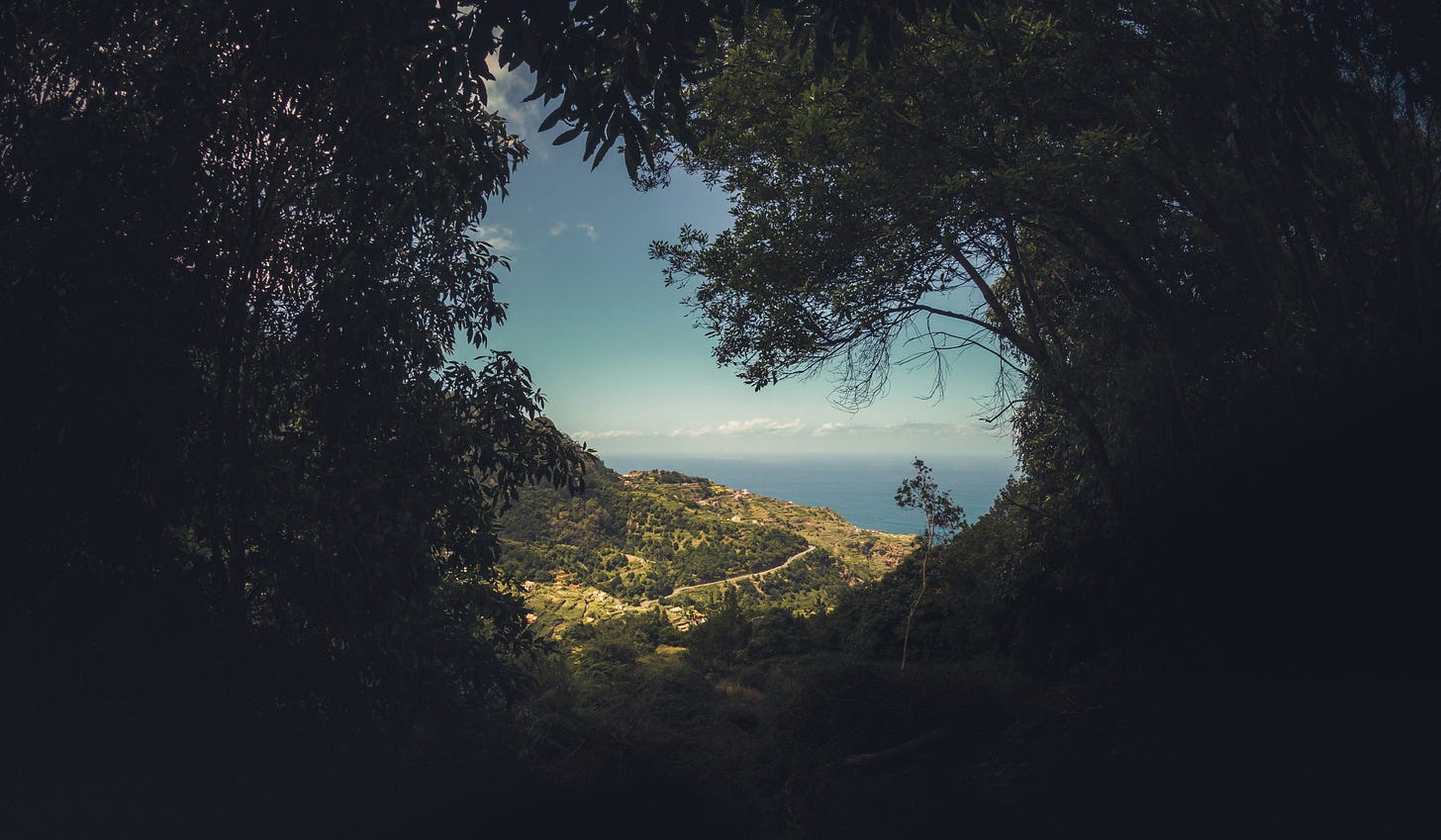Some nights, when the world is quiet and my thoughts are loud, I feel the weight of it all — the rising temperatures, the dying oceans, the burnt-down forests, the species lost before we ever truly knew them. The climate crisis is not some distant catastrophe waiting on the horizon. It is here. It is now. And it is overwhelming.
I’ve spent my life studying the ocean, working to understand the creatures that call it home and the fragile balance that keeps everything in motion. But with every new study, every new report detailing what we already feared — warming waters, collapsing ecosystems, wildlife pushed to the brink — I feel a familiar ache settle in my chest.
Despair.
It’s a feeling many of us know too well. The creeping anxiety of watching the planet suffer while powerful institutions stall. The helplessness of knowing what needs to be done yet seeing so little change. The grief of witnessing something beautiful slip away, knowing we could have done more. For those of us who dedicate our lives to science, to conservation, to education, the climate crisis is not just a job. It is personal. And that emotional toll — carrying the weight of a world in crisis — can be completely suffocating.
I used to believe that caring deeply meant never allowing myself to look away. That to honor the creatures I studied, to fight for the ecosystems I loved, I had to feel the full force of that sorrow, over and over again. But I’ve learned something along the way: hope is not the absence of grief. It is what we do with it.
Hope is not naive. It is not blind optimism or a refusal to acknowledge reality. It is a decision — a deliberate act of resistance. It is found in the federal workers who have stood up against a tyrant. In the researchers who wake up every day to study and protect, even when the data is grim. In the activists who refuse to be silenced, in the Indigenous communities who have safeguarded biodiversity for generations, in the children who look at the ocean with the same wide-eyed wonder I once did.
Hope is the sea turtle hatchling that defies the odds, making it to the water despite the lights, the roads, the predators. It is the coral reef that, given the chance, begins to heal. It is the species we once thought lost, reappearing against all expectations.
And it is within us. In the conversations we have, the choices we make, the work we do — even on the days when it feels like nothing will ever be enough.
The climate crisis is not just about science or policy. It is about people. And if we are to keep fighting for this world, we must also fight for ourselves. For our mental health. For our ability to rest, to breathe, to find joy even in the midst of uncertainty. Because this is not a sprint. It is a lifetime of work. And if we are to be part of the solution, we must learn to hold both the grief and the hope, to carry both the sorrow and the determination.
So I choose hope.
Not because it is easy, but because it is necessary.
Because the ocean is still full of life. Because there is still so much left to protect. Because the story of this planet is not yet finished.
And neither is our fight for it.





So true 👍